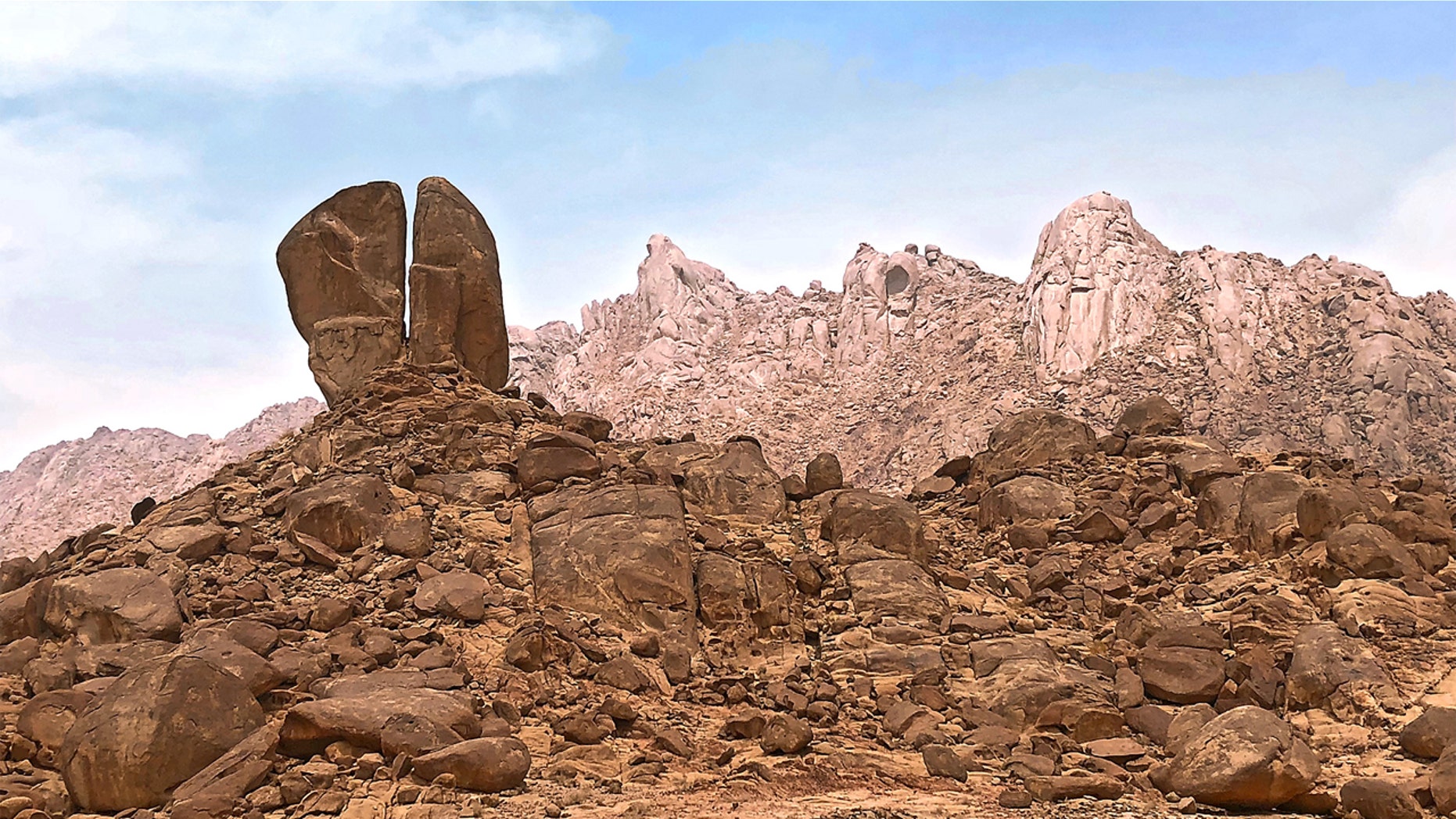 The longing for particularly gifted person who will redeem us from the evils of this world and lead us to a “promised land” or a “golden age” is an ever-existing desire. The hope for a divine Messiah (anointed one, Christ) has its roots in Judaism.
The longing for particularly gifted person who will redeem us from the evils of this world and lead us to a “promised land” or a “golden age” is an ever-existing desire. The hope for a divine Messiah (anointed one, Christ) has its roots in Judaism.
The goal is to bring man back to lost paradise as described in Isaiah 11:6-9, where the wolf, lamb, lion, and other animals coexist peacefully with man.
At the time of Jesus there were different expectations of the Messiah.
The Sadducees were the liberals. They rejected any supernatural influence.
The Pharisees were conservative. They expected that if all Jews lived according to their commandments, God would intervene in supernatural ways.
The Zealots wanted to establish a messianic kingdom (theocracy on earth) by themself and rejected Roman rule.
The Essene movement was a mystical congregation. They lived in their own world. They believe in a spiritual reality, which they accepted by faith, like Abraham, even if the literal fulfilment was yet to come.
The Samaritans have a messianic hope in the coming prophet like Moses, promised in Deuteronomy 18:15-19. As the woman at the well says in John 4:25, “I know that Messiah is coming (he who is called Christ). When he comes, he will tell us all things.”
But God does not fulfil our expectations, but His promises.
 Matthew tells us that Jesus will be born as King of the Jews (Matthew 2:2). The astrologers from the east call him that. In John, after the multiplication of bread, the people’s desire was to make Jesus king (John 6:15). He refuses.
Matthew tells us that Jesus will be born as King of the Jews (Matthew 2:2). The astrologers from the east call him that. In John, after the multiplication of bread, the people’s desire was to make Jesus king (John 6:15). He refuses. Although the people have experienced God’s care and see his presence in the pillar of cloud and eat his bread daily, they long for Egypt. Instead of turning to God, they harass Moses. It even gets really dramatic. Moses fears being stoned (Exodus 17:4).
Although the people have experienced God’s care and see his presence in the pillar of cloud and eat his bread daily, they long for Egypt. Instead of turning to God, they harass Moses. It even gets really dramatic. Moses fears being stoned (Exodus 17:4).